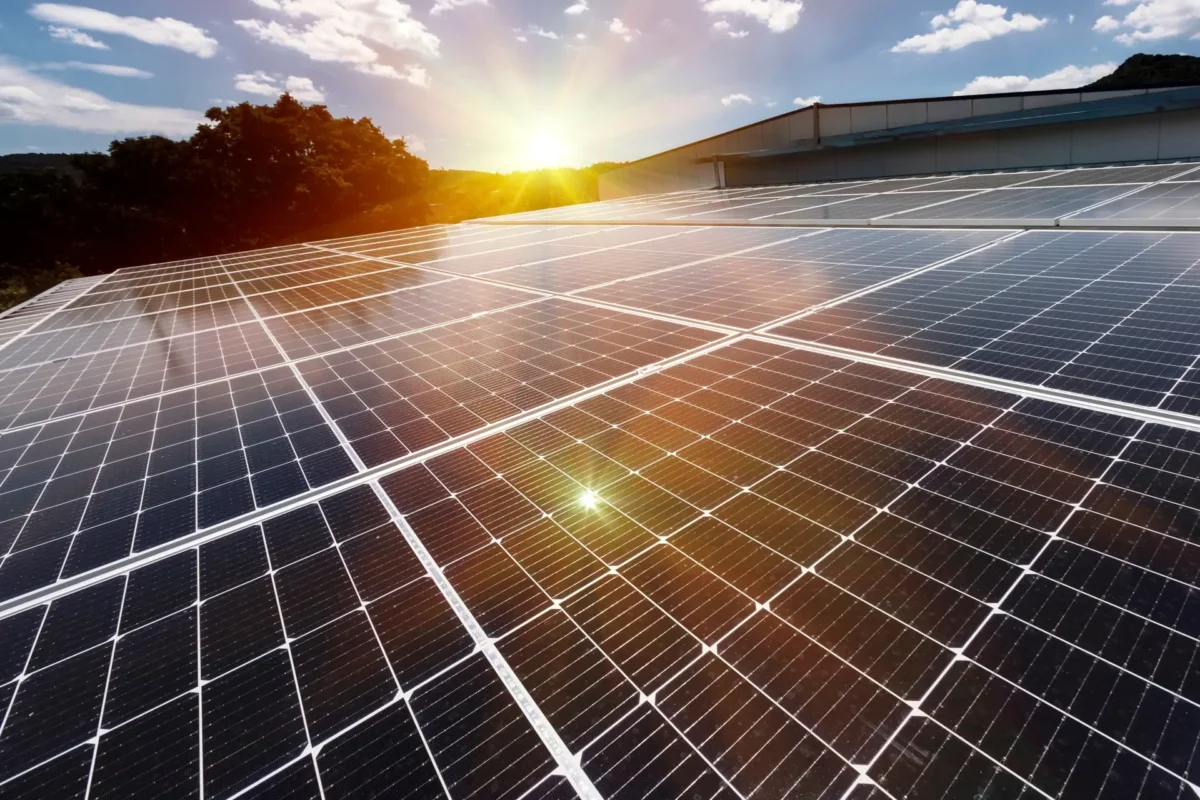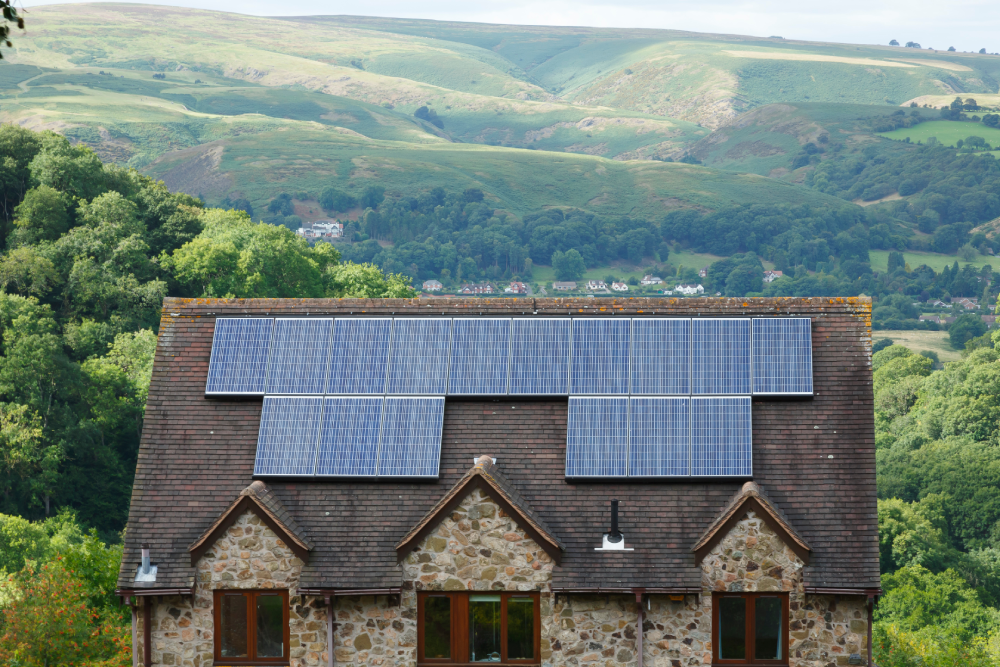The Environmental Benefits of Solar Energy
Solar energy is a renewable and sustainable source of power that offers numerous environmental benefits. As the world continues to grapple with the challenges of climate change and the need to reduce greenhouse gas emissions, solar energy has emerged as a viable solution to meet our energy needs while minimising our impact on the environment. In this article, we will explore the environmental benefits of solar energy and how it can contribute to a greener and more sustainable future.

Reduced Carbon Emissions
One of the most significant environmental benefits of solar energy is its ability to reduce carbon emissions. Unlike fossil fuels, which release large amounts of carbon dioxide and other greenhouse gases when burned, solar energy produces clean electricity without any harmful emissions. By harnessing the power of the sun, solar panels convert sunlight into electricity, providing a renewable and carbon-free energy source.
According to the UK Department of Energy’s Solar Futures Study, widespread deployment of solar energy could help the United Kingdom achieve a carbon-free electricity grid by 2035. This transition to solar energy would significantly reduce the country’s carbon footprint and contribute to global efforts to combat climate change.

Improved Air Quality
In addition to reducing carbon emissions, solar energy also helps improve air quality. Traditional energy sources such as coal and natural gas release pollutants and particulate matter into the air when burned for electricity generation. These pollutants contribute to air pollution, smog, and respiratory health issues.
By transitioning to solar energy, we can reduce our reliance on fossil fuels and decrease the amount of air pollution generated from electricity production. Solar panels produce electricity without any emissions, helping to improve air quality and create a healthier environment for both humans and wildlife.
Conservation of Natural Resources
Solar energy is a sustainable and renewable energy source that relies on the power of the sun, which is abundant and freely available. Unlike fossil fuels, which are finite resources that require extraction and processing, solar energy harnesses the natural energy of the sun without depleting any natural resources.
Furthermore, the production of solar panels has become more energy-efficient over the years, reducing the amount of energy required for their manufacture. Many studies have shown that the energy payback time for a solar panel, which is the time it takes for a panel to generate the same amount of energy used in its production, is typically within 1 to 4 years. This means that solar panels can produce clean energy for decades, offsetting the energy used in their manufacturing process.
Protection of Wildlife and Ecosystems
The development of solar energy projects requires careful consideration of their impact on wildlife and ecosystems. The UK Department of Energy’s Solar Energy Technologies Office supports research to better understand how solar energy installations interact with wildlife and the environment. This research aims to identify strategies that maximise the benefits to the local environment and host communities while minimising any adverse impacts.
Solar developers typically evaluate multiple sites, site designs, and operation strategies during the siting and permitting of solar projects to minimise their impact on wildlife habitats and sensitive ecosystems. By implementing best practices and innovative technologies, solar energy infrastructure can coexist harmoniously with wildlife and the surrounding environment.
Economic Benefits
In addition to the environmental benefits, solar energy also offers significant economic advantages. The renewable energy industry is more labour-intensive than fossil fuel technologies, creating jobs in manufacturing, installation, and maintenance. The growth of the solar energy sector stimulates economic development and income generation in local communities.
Furthermore, solar energy can provide financial savings for homeowners and businesses. By generating their own electricity through solar panels, individuals and organisations can reduce their reliance on grid electricity and lower their energy bills. In some cases, excess solar energy can be sold back to the grid, providing an additional source of income.
Switch to solar energy now
Solar energy offers numerous environmental benefits, including reduced carbon emissions, improved air quality, conservation of natural resources, protection of wildlife and ecosystems, and economic advantages. By harnessing the power of the sun, we can transition to a cleaner and more sustainable energy source, contributing to the fight against climate change and creating a greener future.
If you’re considering installing solar panels for your home or business, Callidus can provide you with high-quality solar panel installations and renewable energy solutions. Our experienced team can guide you through the process and help you make an informed decision. Get in touch with us today to learn more about the environmental and financial benefits of solar energy and how it can transform your energy consumption.













